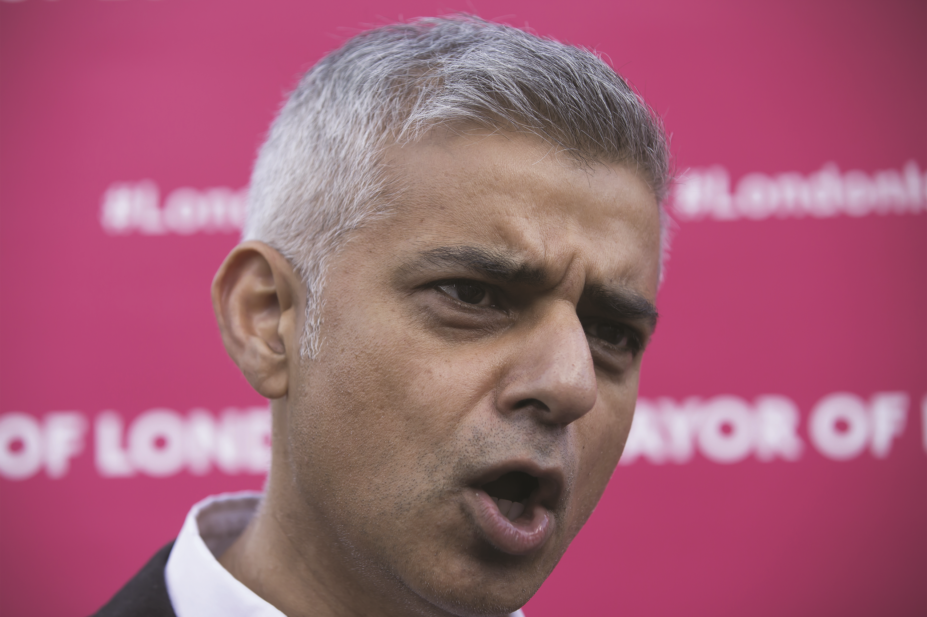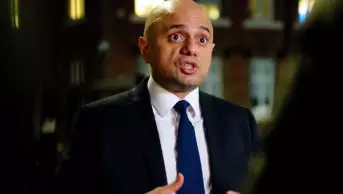
Shutterstock.com
The devolution of the health and care system in London has taken another step forward with the signing of a memorandum of understanding (MoU) by health secretary Jeremy Hunt, Mayor of London Sadiq Khan, NHS England chief executive Simon Stevens, and all NHS bodies and local authorities in the London area.
The MoU says it will “transform the way that health and social care services are delivered” in London, by ensuring that all relevant bodies in London work together with budgets devolved to local areas if they are agreed by national bodies such as NHS England.
Because of the size and complexity of London’s health and social care provision, the MoU does not set out a framework for devolution, but instead ensures all signatories will allow the process to happen in different ways and in different geographical locations around the capital.
Five devolution pilot projects took place in London throughout 2016–2017, which saw greater integration between primary and secondary care; the use of flexibilities in current planning powers to develop new approaches to public health; and in Hackney, full integration of health and social care budgets.
The MoU sets out how national bodies will support these pilots, but outside the pilot areas any devolution of health provision will be subject to careful consideration of business cases.
New initiatives
Among the changes introduced by the MoU will be the eventual creation of a London-wide Partnership Commissioning Board. Its job will be to administer London-level devolved commissioning functions and budgets, and will initially run as a shadow body.
The MoU also sets out that funds from the sale or rent of surplus NHS land and property in London can be reinvested in primary and community care and wider public services in London. The NHS owns an estimated £11bn worth of real estate in London and a new London Estates Board will oversee the use of funds that are released from property.
Signatories to the MoU have also committed to establishing a London Workforce Board, along with Health Education England, Skills for Health, the Department for Education, the Department of Health and others.
The board will include clinical membership and it will aim to develop new roles, while ensuring world class health education.
A London Health and Care Strategic Partnership Board (SPB) met in shadow form for the first time in May 2017, and it will provide strategic oversight for London-wide activities in the future.
Four phases
The MoU sets out four phases for progress, with the SPB acting as a shadow decision-making body until April 2018, when it will be decided whether the SPB can move to phase four, which would see some budgets and commissioning functions formally delegated to a London level.
Khan said: “It is vital that the capital has the powers to plan and coordinate health services that meet the needs of local communities and ensure Londoners have proper access to them. Today is a really important step in the right direction in our journey to becoming the world’s healthiest city and an unprecedented level of partnership working, with more than 100 organisations, has made this all possible.”
Stevens said: “The practical test will be ensuring this welcome new cooperation rapidly catalyses new benefits for all who depend on the capital’s health services.”


